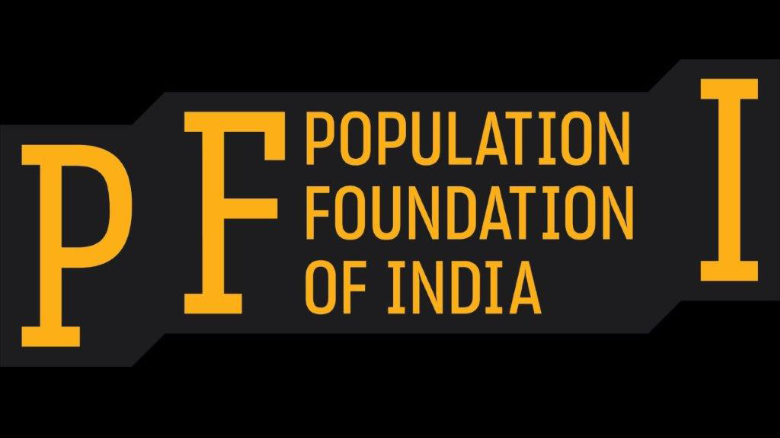
An editorial in The Lancet on 8 May highlighted that, without dramatic measures to curb the COVID-19 pandemic, India could witness a staggering one million deaths due to COVID-19 by August 1, based on estimates by University of Washington’s Institute for Health Metrics and Evaluation. The authors underscore the need for rationalizing India’s “botched vaccination campaign” while curbing the spread of infection and the need for increased government transparency in reporting COVID-19 cases.
The second COVID-19 wave has torn through India’s rural hinterland, where health infrastructure is woefully inadequate. According to data compiled by How India Lives, in April 2021, rural areas contributed close to half (44.1 per cent) of all new cases in the country, compared to 40.8 per cent in urban areas. In the first four days of May alone, rural India’s contributed 1.39 times the number of new cases as urban areas. India’s vaccination campaign, which has covered less than two percent of the population so far, has not reached many who need it most. The Lancet article says that, besides increasing supply, India must ensure equitable vaccine distribution in rural India, which comprises 65% of our population.
Key recommendations by the authors focus on preventing the widespread transmission of the SARS-CoV-2 virus. In order to ensure this process is evidence based, genome sequencing should be employed to track cases and analyze data. Sharing accurate, timely data and information with the public, forthrightly and transparently, should be prioritized. The Central government has a critical role in promoting COVID appropriate behaviors, testing and quarantining, and halting mass gatherings, via large-scare awareness campaigns.
Population Foundation of India has been working with partners at the community level to ensure a rapid rural community response to COVID-19. Our findings from the ground reveal that a lack of infrastructure, limited awareness, mass gathering and vaccine hesitancy have greatly contributed to the rapid spread of infection and rise in the numbers of deaths. Going forward, the following steps must be stringently implemented by the government to combat this devastating surge.
- Develop decentralized strategies at the state and district levels to allow authorities to respond quickly to localized issues.
- Adopt effective social and behavior change communication to address vaccine hesitancy, promote COVID appropriate behavior, and support medical professionals.
- Ensure adequate supply for COVID facilities, including information on oxygen supply, PPE, medicines, test kits, ambulances.
- Procure vaccines for the entire country to remove fragmentation in procurement, optimize prices, and ensure equity across states and socio-economic sections of the population.
- Temporarily waive Foreign Currency Regulation Act (FCRA) amendment bill 2020, which has impacted several NGOs involved in COVID-19 relief work.
- Ensure greater transparency in data collection and modelling for COVID-19 to improve planning of resources required to meet needs.
- Minimize disruptions in critical non-COVID-19 related essential health services
“India squandered its early successes in controlling COVID-19. Until April, the government’s COVID-19 taskforce had not met in months. The consequences of that decision are clear before us, and India must now restructure its response while the crisis rages. The success of that effort will depend on the government owning up to its mistakes, providing responsible leadership and transparency, and implementing a public health response that has science at its heart,” the article says. This quote indicates the best way for India to go forward to combat the COVID-19 pandemic.
For more information, please contact: Priyasha Banerjie priyasha.banerjie@populationfoundation.in
